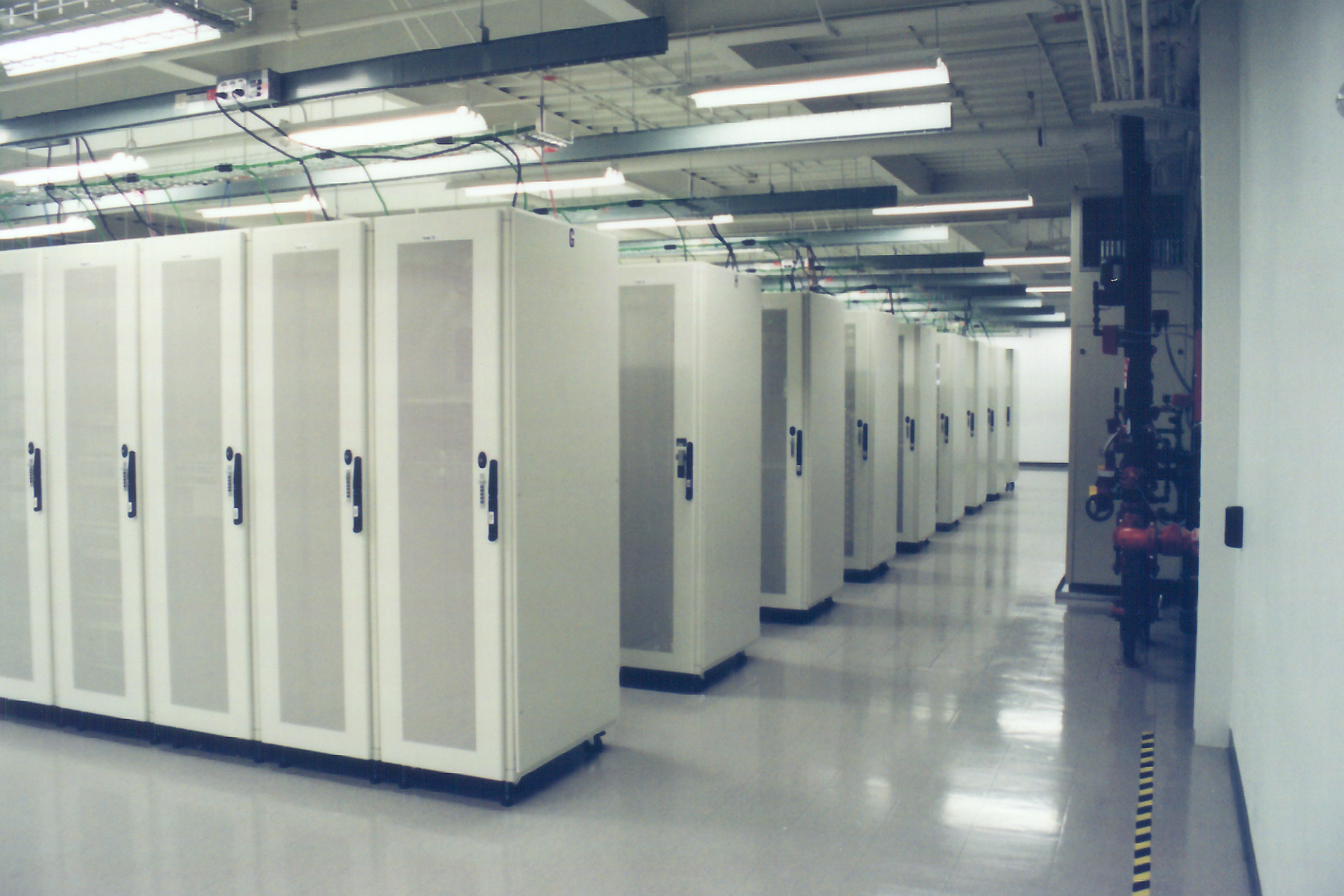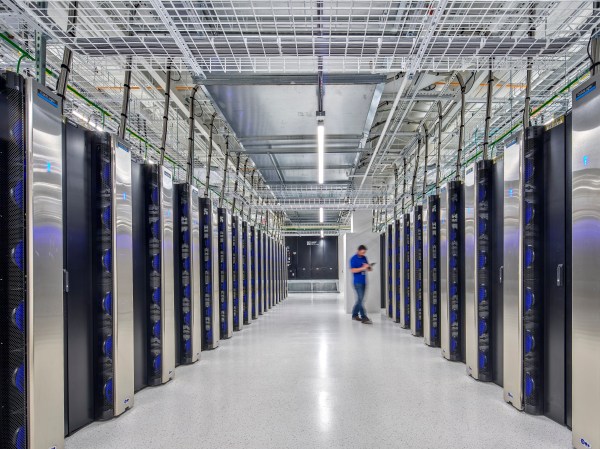Colocation involves leasing space from a third-party provider to house servers and computing infrastructure. It is a popular alternative to running an on-premises data center. This is a data center that’s owned and operated by the organization that uses it.
Colocation offers many benefits but it is not necessarily the right solution for all organizations in all cases. With that in mind, here is a quick guide to choosing between colocation and an on-premises data center.
Cost considerations
With both colocation facilities and on-premises data centers, costs can be broadly categorized into upfront costs and operational costs. Here is how colocation and on-premises data centers compare.
Upfront costs
Colocation solutions typically have very low upfront costs. By contrast, on-premises data centers typically have very high upfront costs.
The main reason for this difference is that using a colocation solution does not require an organization to build or buy a data center facility. Implementing an on-premises data center, on the other hand, requires the organization to buy the premises first.
In principle, it might be possible to reduce the upfront costs of implementing an in-house data center by leasing a facility. In practice, this would probably only be suitable for very small data centers such as edge data centers. For anything larger, it would probably be too complicated and have too many business risks.
Operational costs
With colocation, the data center’s operational costs are typically shared between multiple clients in a way that’s proportionate to their use of the facility. Clients often benefit from this approach as it can enable them to leverage volume discounts they would not have unlocked on their own.
Even if this is not possible, the costs of colocation are usually very predictable. Any unpredicted expenses are the provider’s issue, not the client’s. This can make budgeting much easier.
Conversely, on-premises data centers require organizations to manage the entirety of infrastructure provisioning. This includes dealing with any problems that arise and require money to fix. As a result, using an on-premises data center can make budgeting more difficult. Over the long term, however, it still tends to be the more economical option as organizations do not have to pay for the services of the colocation vendor.
Scalability benefits
Scalability refers to the ability of a system, process, or organization to handle an increasing amount of workload or demand efficiently.
In the context of IT infrastructure, scalability implies the capacity to expand and adapt to accommodate growing data, users, or workloads without compromising performance or incurring significant structural changes.
A scalable system can seamlessly and cost-effectively adjust to higher demands, ensuring optimal functionality and resource utilization as requirements evolve over time. Scalability is therefore arguably a non-negotiable for modern businesses. Here is how colocation solutions and on-premises data centers compare in this area.
Colocation
With a colocation solution, a client’s ability to scale upwards is, essentially, only limited by the availability of space in the facility (and their budget). Their ability to scale downwards is only limited by their contract.
On-premises data centers
Traditionally, on-premises data centers have been considered virtually impossible to scale and completely impossible to scale at speed. Looked at from one angle, this is still the case today. The realities of construction are still, largely, the same as they have been since the beginning of the data center industry.
Looked at from another angle, however, this is less true than it used to be thanks to colocation and the public cloud. Businesses can now use on-premises data centers for their core needs and also use colocation and/or the cloud for scalability.
Security implications
Security has to be a paramount consideration for all modern organizations. Here is an overview of how colocation and on-premises solutions compare in this area.
Colocation
With colocation, the colocation provider manages all aspects of security that relate to the facility itself. Clients just manage the security of their own equipment. This means that organizations should be prepared to quiz a potential colocation vendor thoroughly on their security capabilities.
That said, using colocation is often a way of getting a very high level of security at a very low upfront cost.
On the physical security side, you can expect 24/7 surveillance, access controls, biometric authentication, and on-site security personnel. On the digital security side, you can expect the colocation vendor to deploy a full range of cybersecurity tools. You can also expect them to have skilled personnel to manage them and respond to incidents.
Looking at security from a broader perspective, you can expect a colocation provider to have a high level of resilience against local hazards such as extreme weather. You can also expect them to have backups of key resources such as power and network connectivity.
On-premises data centers
With on-premises data centers, the responsibility for security lies entirely with the organization that owns the data center. Some organizations may see this as a benefit.







